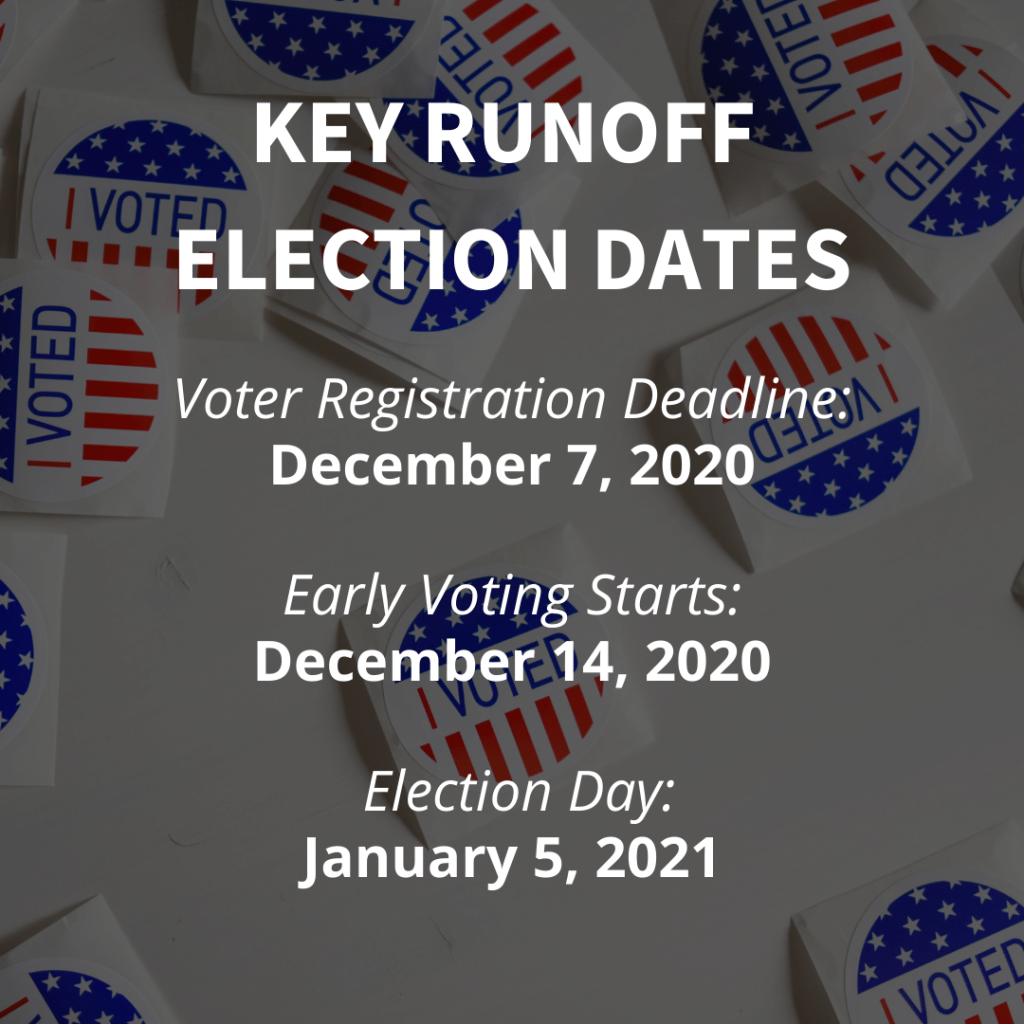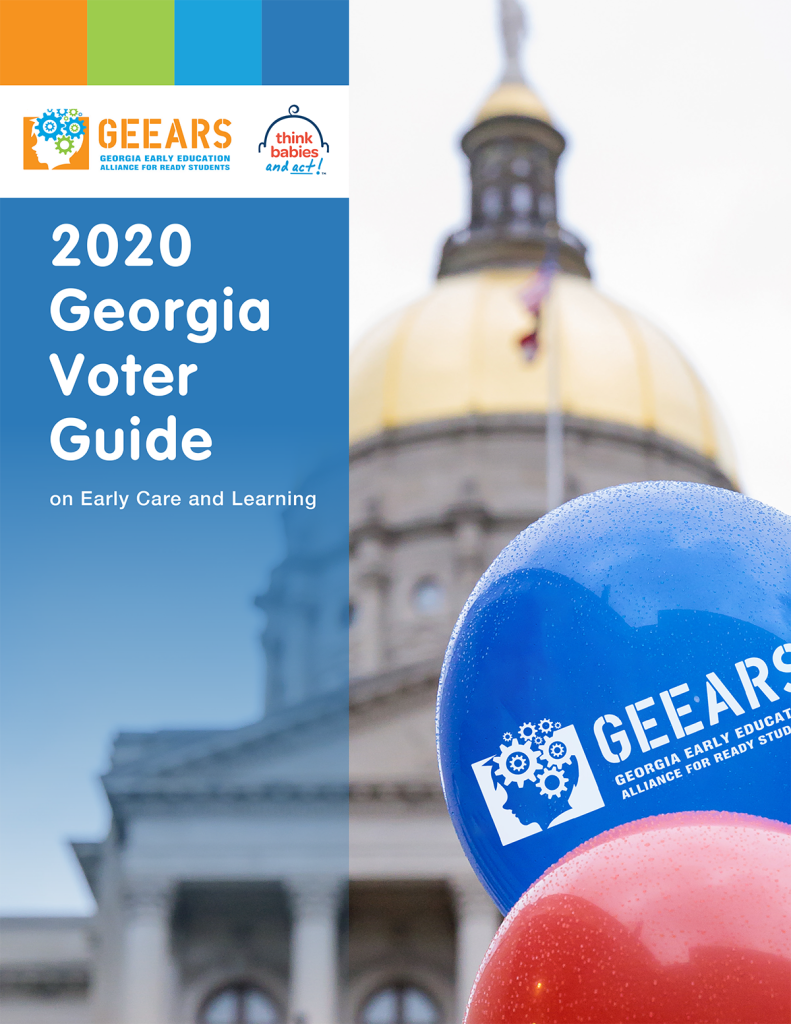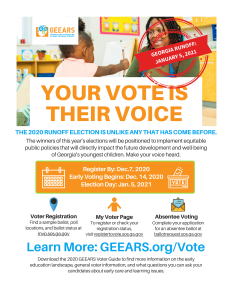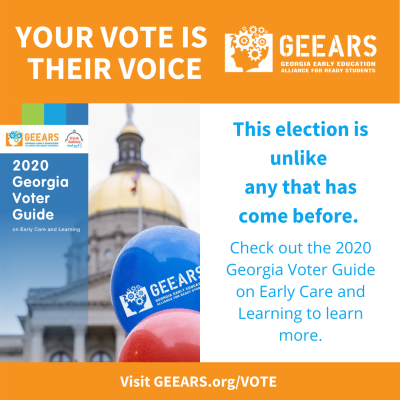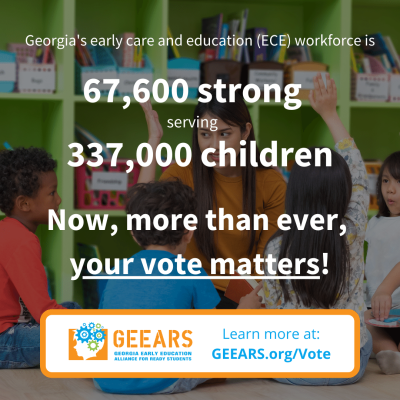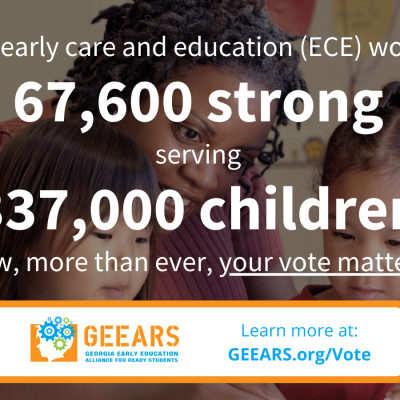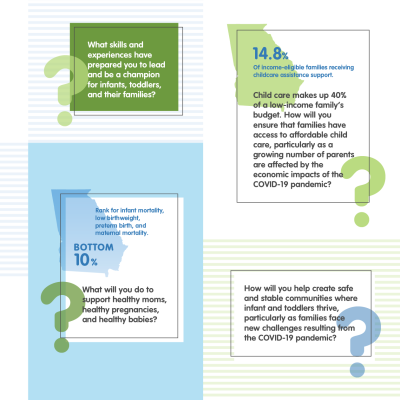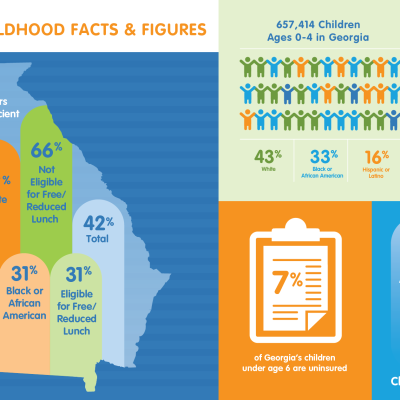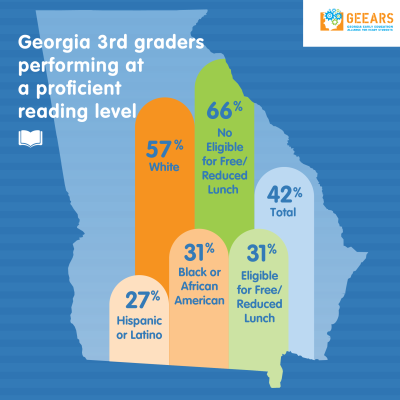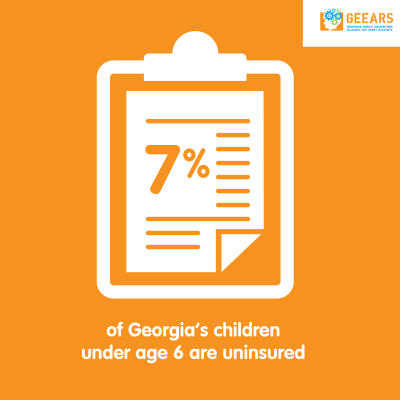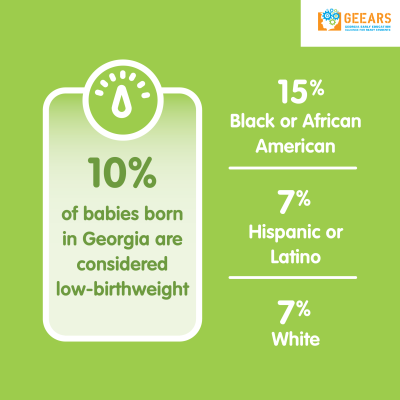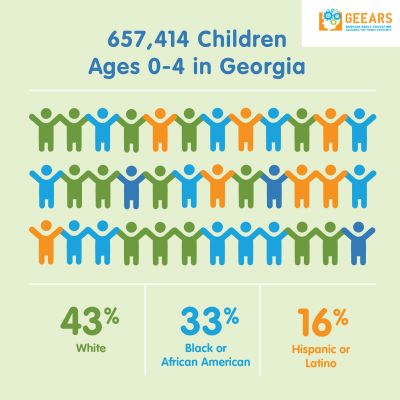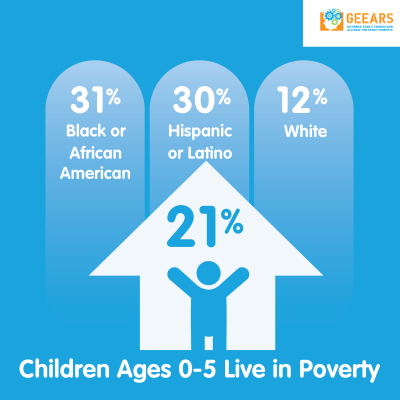Make a Plan to Vote!
Any resident of Georgia who is eligible can vote in the Georgia runoff election. You may vote in the runoff even if you did not vote in the 2020 General Election.
If you are 17 and will turn 18 before January 5, 2021, you are eligible to vote in this election and must register by December 7, 2020:
Early voting locations and hours, as well as the status of your absentee ballot, can be found at your My Voter Page:
Absentee Voting
If you want to vote using an absentee ballot in Georgia you will need to request one specifically for the Georgia runoff, even if you voted by absentee in the November 3 election. Ballots must be received by the time polls close on January 5, 2021.
Voting as early as possible helps make sure that your vote gets counted. You do not need to provide a reason to vote by absentee ballot in Georgia.
- Request your ballot for both elections as soon as possible, as it may take a while to process. Request your absentee ballot online here.
- Once you receive your ballot, follow the provided instructions. You can submit completed ballots by hand-delivering to your county election office or returning by mail. Plan ahead! Absentee ballots must arrive at your county election office by election day.
Use Georgia’s My Voter Page to track your application’s and ballot’s status. After you log in to My Voter Page, this information can be found by clicking “Click Here For Absentee Ballot Status” in the lower-left area of the screen.
Against the backdrop of a global pandemic and widespread unrest surrounding publicized instances of racial inequity, Georgia voters across the state will elect candidates to all levels of government, including the President and the U.S. Senate and House of Representatives.
The winners of this year’s elections will be positioned to implement equitable public policies that will directly impact the future development and well-being of Georgia’s youngest children.
We have long recognized the importance of the early years to a child’s overall development, but now more than ever we must work to ensure our youngest and most vulnerable Georgians can learn and grow in healthy, nurturing environments.
This election provides an opportunity to emphasize the importance of the earliest years of a child’s life and hold our public servants accountable to drive change and create positive, equitable outcomes for all our youngest Georgians.
We have created this voter guide in order to empower voters across the political spectrum to make informed decisions at the polls.
Early Educator Resources & Social Media Tools
Flyer for Early Educators:
Social media is a great way to raise awareness about the 2020 Runoff Election. Be sure that you:
-
- Share the Link: GEEARS.org/Vote
- Tag us!
- Instagram:
- @GAEarlyEd (GEEARS)
- Twitter/Facebook:
- @GEEARS
- Instagram:
- Use a hashtag, such as:
• #2020Election
• #OurVoteTheirVoice
Sample social media posts:
View and download the @GEEARS 2020 Georgia Voter Guide on Early Care and Learning before Election Day! Learn more about the issues that matter to Georgia’s young children and families: geears.org/vote #GAEarlyEd #gapol
There are 657,414+ children ages 0-4 in Georgia. Learn how Georgia’s leaders can support young children and families in the @GEEARS 2020 Georgia Voter Guide on Early Care and Learning: geears.org/vote #GAEarlyEd #gapol
The winners of this year’s elections will be positioned to implement equitable policies that will directly impact the future well-being of Georgia’s youngest children. View the @GEEARS 2020 Georgia Voter Guide on Early Care and Learning to learn more: geears.org/vote
The @GEEARS 2020 Voter Guide on Early Care and Learning was created to empower voters across the political spectrum to make informed decisions at the polls. Download it today: geears.org/vote
Social media graphics:
Click to view a large version of each graphic. If you wish to save it to your computer, right-click the image and select the “save” option.
If you are using a mobile device, tap and hold the graphic you would like to save, and select the “save to gallery” or “Add to photos” option.
High-quality, comprehensive early learning programs yield a 13% return on investment in the form of better education, health, economic, and social outcomes.
CHILD CARE CHALLENGES IN THE WAKE OF COVID-19
The COVID-19 crisis has exacerbated many of the problems already facing the child care industry. Families have long struggled to access affordable high-quality options, and providers have faced slim margins and precarious financial situations.
When surveyed in late March 2020, 29% of participating Georgia child care providers indicated that they would not be able to survive closing for more than two weeks without significant public investment and support that would allow them to retain staff, pay rent, and cover other fixed expenses. Forty percent of those responding indicated that enrolled families were unable to pay fees or co-pays.
Before the pandemic, child care challenges in Georgia led to at least $1.75 billion in losses in economic activity annually, according to an analysis by GEEARS and the Metro Atlanta Chamber. Over a quarter of the parents surveyed reported a significant disruption to their or a family member’s employment (quitting, not taking, or changing a job) in the past year as a result of child care challenges. This number will balloon if child care providers are forced to close due to lack of funding and more parents struggle to make ends meet. Now more than ever, high-quality, affordable child care is a key factor in enabling parents to participate in the workforce. As our country moves through the various phases of recovery and reopening the economy, significant funding is needed to stabilize the child care sector, support the workforce, and ensure that there is a child care system to which families can safely return.
Access to high-quality early learning is one of the most reliable interventions available to drive student achievement.
STRUGGLING FAMILIES
The COVID-19 pandemic has caused hardship for young children and their families. According to the Census Household Pulse Survey, families with children have been hit harder financially, with many experiencing lost income and food shortages. Fifty-two percent of Georgians reported experiencing loss in employment income, and 12.4% of Georgians reported experiencing food scarcity as of late June 2020. In addition, although the Families First Coronavirus Response Act (FCCRA) expanded paid sick and family
leave for many employees impacted by COVID-19, many still do not have access to the paid leave they need to lower the risk of spreading of the virus. Policymakers must prioritize the needs of Georgia’s youngest children and their families during this time to prevent profound and long-term effects on children’s development.
ONGOING IMPACTS OF RACIAL AND ECONOMIC INEQUALITY
In 2019, only 31% of third-graders who were eligible for free/reduced school lunch scored proficient or higher on the Georgia Milestones English Language Arts assessment, compared to 66% of students who were not eligible for free/reduced school lunch. Furthermore, only 27% of Black and 31% of Hispanic third-graders scored proficient or higher, compared to 57% of white third graders. Disparities in opportunity begin long before students reach third grade, affecting the youngest Georgians and their families. As the state and nation continue to grapple with longstanding racial and economic inequities, our elected officials must work toward creating lasting change that leads to more equitable outcomes for Georgia’s youngest learners— starting from birth.
Only an estimated 17% of U.S. workers had access to paid family leave through their employer.
